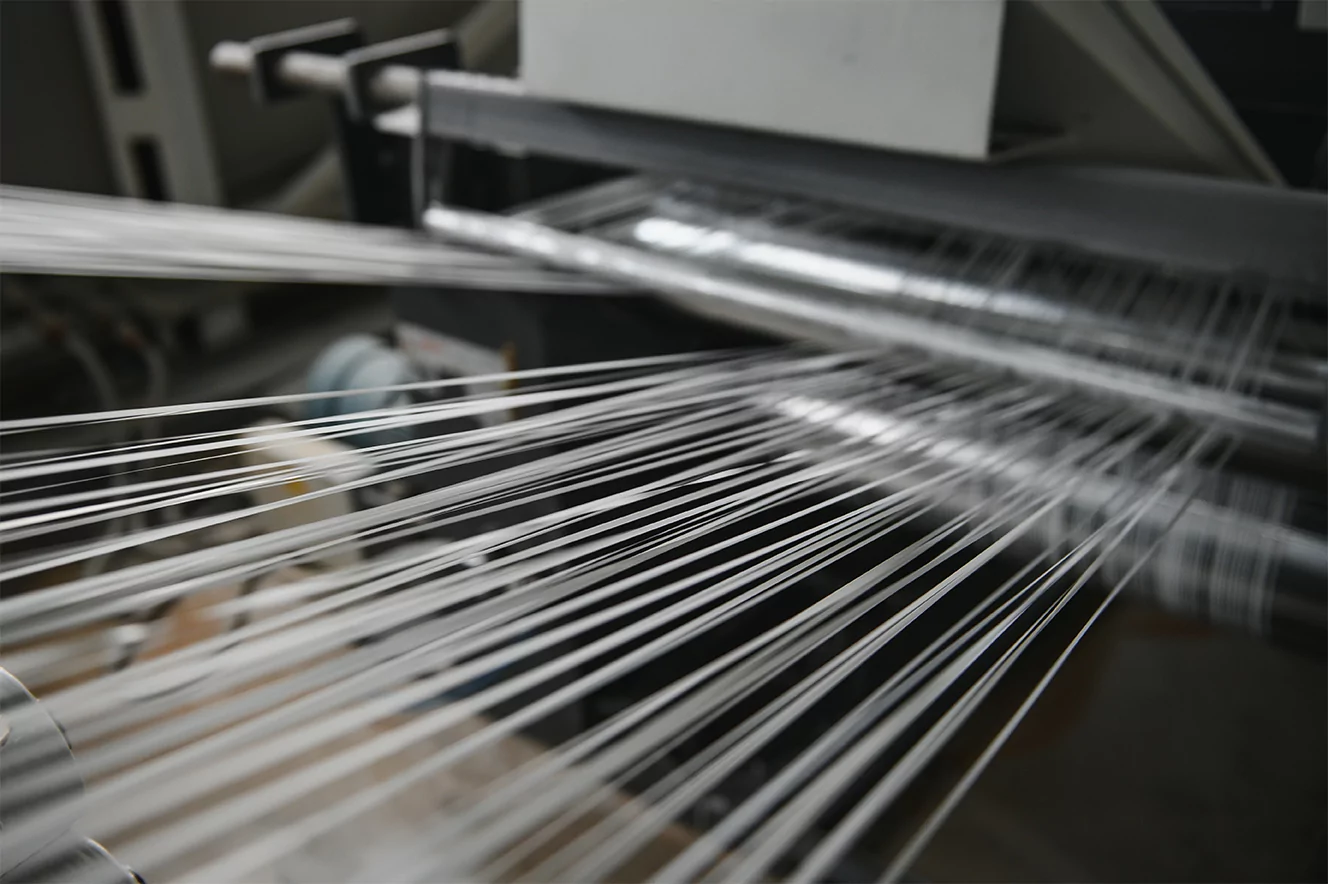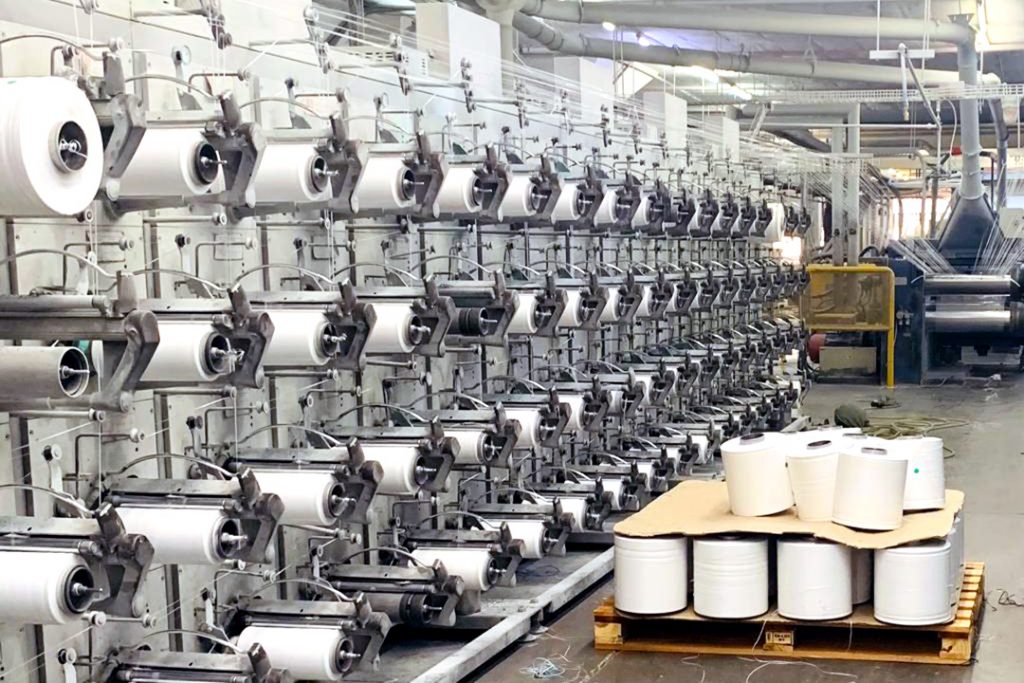How Bulk Bags Are Manufactured: A Look at the Process
Need the Best Quality Contract Packaging? Call Us Now: 281-865-5194
How are bulk bags manufactured
At Pallet Connections and More, we provide durable and cost-effective bulk bags, also known as FIBCs (Flexible Intermediate Bulk Containers), to meet the diverse needs of industries like construction, agriculture, and manufacturing. But have you ever wondered how these bulk bags are made? Understanding the manufacturing process behind these high-strength containers helps explain their durability, flexibility, and reliability.

Step 1: Polypropylene Fabric Production
The foundation of every bulk bag starts with polypropylene (PP) granules. Polypropylene is a strong, lightweight, and flexible thermoplastic that is ideal for creating durable bulk bags. The process begins by melting the polypropylene granules and then extruding them into fine threads. These threads are woven into sturdy, lightweight fabric that will be used to construct the bulk bags. This woven fabric offers excellent tensile strength, ensuring the bulk bags can withstand heavy loads.
Step 2: Cutting and Sewing
Once the woven polypropylene fabric is produced, it is cut into various sizes based on the required specifications of the bulk bags. The body, sides, and base of the bag are then sewn together using high-strength industrial sewing machines. Depending on the type of bulk bag being manufactured, additional features like lifting loops, spouts, and liners may be added during this phase. The lifting loops are securely sewn into the top corners of the bag, allowing for easy transportation by forklifts or cranes.
Step 3: Adding Custom Features
Bulk bags are highly customizable to meet specific industry needs. Some bags are designed with spout tops for easy filling, while others may have flat or duffle tops depending on how the material will be loaded. Additionally, a discharge spout can be added to the bottom of the bag for easy unloading of materials. Inner liners can also be added to provide extra protection against moisture, contamination, or fine powders.
Step 4: Quality Control and Testing
Before bulk bags are shipped out, they undergo strict quality control measures to ensure they meet safety standards and can handle the weight and material for which they are designed. Bags are tested for their strength, load capacity, and durability to ensure they meet customer requirements. Quality testing ensures that the seams, fabric strength, and lifting loops are secure and can safely transport materials.
Step 5: Eco-Friendly Manufacturing
At Pallet Connections and More, we are committed to sustainability. The manufacturing process for bulk bags is designed to minimize waste, and many of our bags are made from recyclable polypropylene materials. This makes bulk bags a sustainable packaging option, allowing for reuse and recycling while reducing environmental impact.

Why Choose Pallet Connections and More?
At Pallet Connections and More, we offer high-quality bulk bags that are manufactured with precision, durability, and sustainability in mind. Our bulk bags are tailored to meet the specific needs of your business, ensuring that you receive a reliable and cost-effective packaging solution. With a strong focus on quality and customer satisfaction, we are your trusted partner in achieving logistical success.
Contact us today to learn more about how our bulk bags can enhance your packaging and transportation operations.
